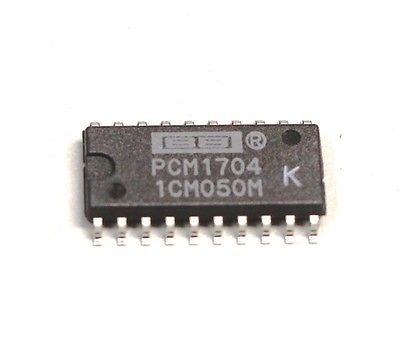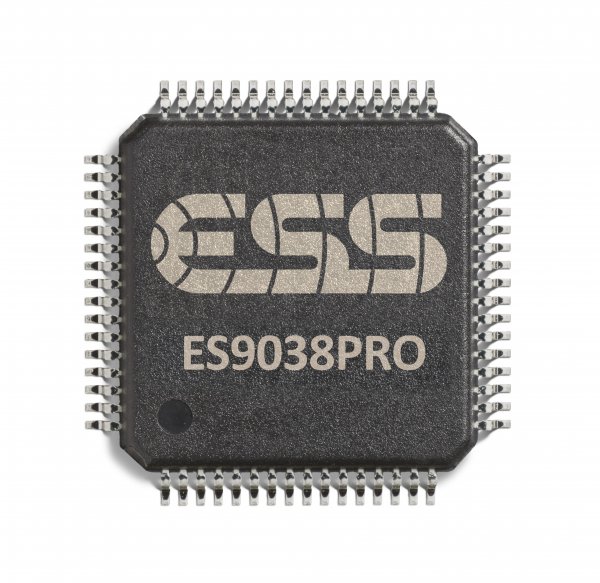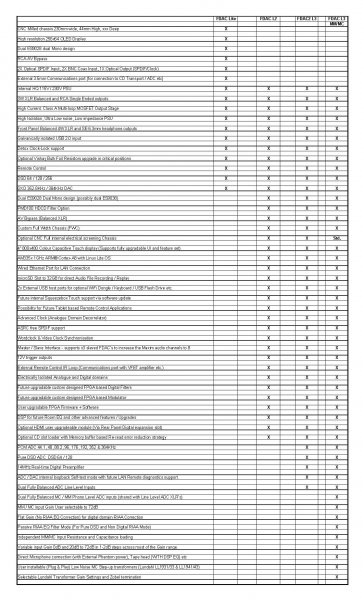As I said, Meridian products could be or could have been designed around a DSD-capable DAC chip. That they are not and were were not was a design choice made by Stuart. If he thought it were important, he could always release new models that did so, as well as supporting PCM, as now. There is nothing really radically new as to those formats. He is not forever locked in to what he did in the past. He consciously chose to be for his own reasons, and he still chooses that approach. But, time moves on and new equipment models come and go. Many others agree with him, many do not.
Of course, specific implementations may or may not achieve the ultimate from their respective DSD or PCM recorded formats. Some recordists swear by one or another format based on their experience. Their choice might have some sonic implications in the quality of the recorded result. But, there are a host of other choices and techniques in engineering a recording beyond just recorded format. I think most of those other engineering factors swamp the DSD vs. PCM choice in determining the sonic quality of the result.
I have many excellent recordings done in each format. I hear no pervasive pattern consistently favoring one format over the other in playing them in hi res in their native format/sampling rate. I am not anti-DSD. I am for the best sounding recordings. Some are DSD, some are hi rez PCM.
No, Mr. Fan Boy, I have not tried HQPlayer to DSD. I rechecked their features list, and I still do not see bass management, in addition to many others I absolutely need in my preamp/processor-less system setup, with all control in PC software. It may indeed sound as great as you keep saying over and over, but it is still quite short of my requirements.
Virtually all the glowing endorsements of HQP I have seen are about upsampling and DSD conversion of RBCD recordings. HQP may indeed shine in that role. But, well over 99% of my listening is purely to native hi rez recordings, in Mch, BTW. Yeah, HQP handles Mch up to a point. But, I am not really excited about trying it.











